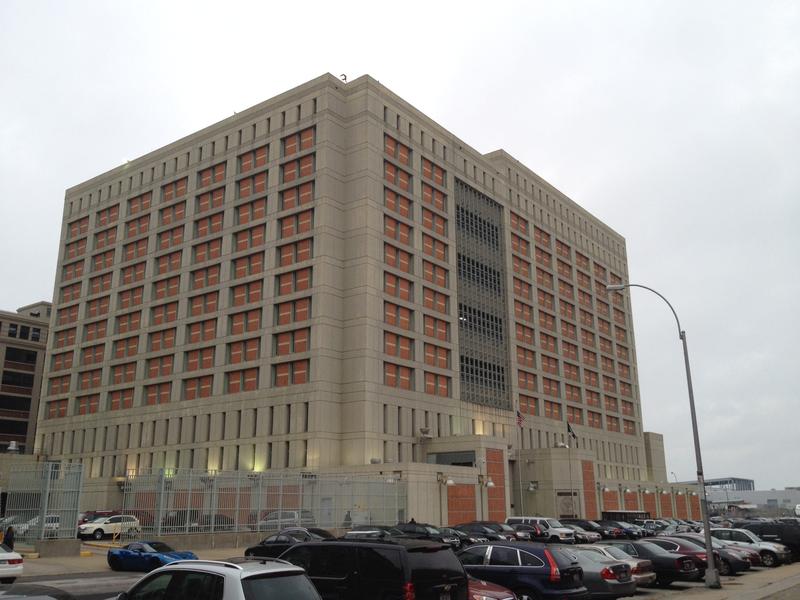
In January, during the same week that Donald Trump is to be inaugurated, the Supreme Court will hear a case centered on the detentions of Muslim men in the months after 9/11, and whether government officials can be held personally accountable for constitutional violations.
As it happens, the outcome of this case could help determine whether President-elect Trump goes forward with his most controversial national security proposals.
The case stems from the immediate aftermath of the World Trade Center attacks: federal authorities investigating the attacks rounded up hundreds of Arab, Muslim and South Asian men and placed them in detention facilities, primarily in Brooklyn and New Jersey. Some were detained as long as eight months, said attorney Rachel Meeropol of the Center for Constitutional Rights, often based on anonymous tips.
"Examples of these tips included people calling the FBI hotline after 9/11 and saying, 'My neighbor's Arab and he keeps strange hours. I think he might be a terrorist,'" said Meeropol.
Many say they were assaulted while in custody, allegations essentially upheld by a Department of Justice report. But Meeropol said none of these 762 detainees were ever charged with terrorism. She's now representing eight of them in a class-action suit: it argues that members of the Bush administration, including former Attorney General John Ashcroft and FBI Director Robert Mueller, oversaw a program that failed to distinguish potential terrorists from people who'd simply overstayed their visas.
Anji Malhotra, a law professor at SUNY Buffalo, said the outcome could determine whether President-elect Trump is able to move forward on some of his most controversial proposals, like a national Muslim registry or waterboarding.
"This case is of paramount importance because we're in another era where our president-elect is invoking national security to justify extremely dangerous and unprecedented tactics that specifically target Muslims, target Mexicans, that target people based on race and religion."
An appellate court ruled in favor of the plaintiffs last year, but in her dissent, Judge Reena Raggi argued that 9/11 granted government officials significant latitude and protections.
"Congress, not the judiciary, is the appropriate branch to decide whether the detained aliens should be allowed to sue executive policymakers in their individual capacities for money damages," wrote Raggi.
However, the plaintiffs may find the makeup of the Supreme Court another challenge: Justices Kagan and Sotomayor, both part of the so-called liberal wing, have recused themselves, meaning that only six justices will decide this case.
"The stakes couldn't be higher," said Amna Akbar, a law professor at Ohio State University. "It's time for the Court to say enough is enough. The specter of national security should not be enough to throw out the rule of law, to step on and scapegoat already-marginalized communities with impunity."
